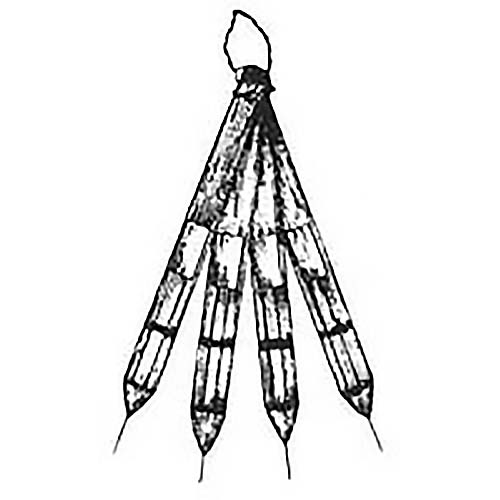zhuhuang overview
 Bamboo spring (pinyin: zhú huáng) is also known as ringing bamboo, blowing bamboo, playing bamboo, mouth contempt, mouth spring, harmonica, mouth string. It has a long history and various forms. It is a comprehensive performance of Yi, Lahu, Naxi, Lisu, Dai, Hani, Jingpo, Wa, Brown, Nu, Dulong, Jinuo, Pumi, Miao, Tibetan, Lhoba, Qiang, Kazakh, Hui, Gaoshan, Li and Han nationalities in China. Body sounding instrument. It can play solo, unison, ensemble or accompany song and dance, and it occupies an important position in people's productive labor and daily life. Popular in Yunnan, Guizhou, Sichuan, Tibet, Xinjiang, Ningxia, Shaanxi, Guangxi, Guangdong, Taiwan, Hainan and other provinces.
Bamboo spring (pinyin: zhú huáng) is also known as ringing bamboo, blowing bamboo, playing bamboo, mouth contempt, mouth spring, harmonica, mouth string. It has a long history and various forms. It is a comprehensive performance of Yi, Lahu, Naxi, Lisu, Dai, Hani, Jingpo, Wa, Brown, Nu, Dulong, Jinuo, Pumi, Miao, Tibetan, Lhoba, Qiang, Kazakh, Hui, Gaoshan, Li and Han nationalities in China. Body sounding instrument. It can play solo, unison, ensemble or accompany song and dance, and it occupies an important position in people's productive labor and daily life. Popular in Yunnan, Guizhou, Sichuan, Tibet, Xinjiang, Ningxia, Shaanxi, Guangxi, Guangdong, Taiwan, Hainan and other provinces.Bamboo springs are made from hard, dry bamboo chips. Depending on the number of reeds, there are single-piece bamboo reeds and multi-piece bamboo reeds. Due to different playing methods, there are bamboo reeds that are plucked with fingers and stretched with silk threads. According to the different shapes and head styles, they are divided into convex head shapes. , mesh needle shape, flat head shape, cone shape and tubular shape, etc.
Bamboo reeds are simple to make and easy to play, especially in the southwest, Taiwan and Hainan where bamboo is abundant, and bamboo reeds are widely popular. In the Yi nationality, almost everyone, regardless of age or sex, has a pair of bamboo reeds, which they wear in a delicate bamboo tube and hang on their chests.
Bamboo reed is an indispensable musical instrument in the life of ethnic minorities. In addition to playing love tunes, it is also used to play and sing various folk songs and minor tunes that reflect production and life. It describes people's hard work from sowing, tilling and harvesting. unity and harmony of the people. When the people of all ethnic groups play bamboo reeds, there is almost no fixed tune. In October 1980, in the National Ethnic Minority Art Performance, Bamboo Reeds were used in the Yi folk instrumental ensemble "On the Road to Receiving Relatives". Although the volume it emits is weak, after the electric amplification, the timbre is unique and full of Yi flavor, which is loved and praised by people.
- Pinyin:zhú huáng
- alias:Ringing bamboo, blowing bamboo, mouth string, etc.
- Classification:body music
- pop nation:Yi, Lahu, Naxi, etc.
overview of other similar instruments
- sanyanxiao overview
- Daguangxian overview
- Leiqin overview
- hahao overview
- yandundagu overview
- Han Xiaozheng overview
- Fang Xiang overview
- guanzi overview
- zhuqin (Dao Qin) overview
- zhuiqin overview
- bangzi overview
- three-stringed piano overview
- Gehu overview
- xiao overview
- xiaokonghou overview
- Konghou overview
- Sheng overview
- suona overview
- hulusi overview
- gushao overview
 渝公网安备 50010702504639号
渝公网安备 50010702504639号